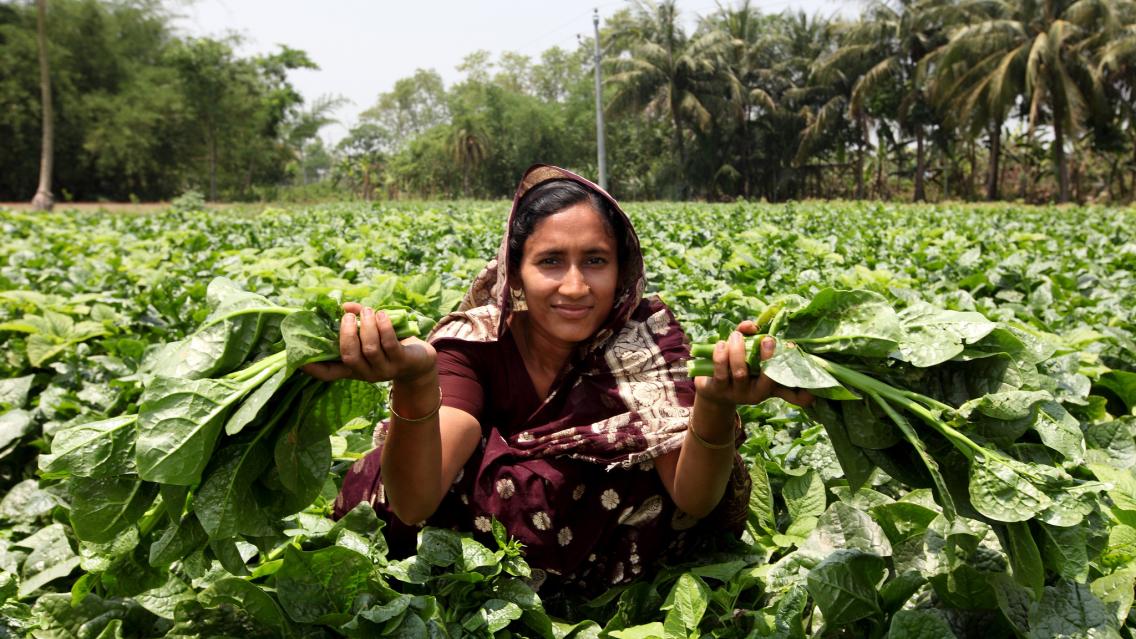
Meeting Community Needs: A Pathway to Sustainable Development
Sustainable development focuses on fostering economic growth, environmental protection, and social well-being. For underprivileged communities in Bangladesh, the path to sustainable development begins with addressing systemic inequalities and ensuring access to fundamental resources and opportunities. By prioritizing their needs, society can unlock the potential of these communities while fostering long-term resilience and equity.
Understanding the Challenges Faced by Underprivileged Communities Underprivileged individuals often experience multiple barriers that impede their ability to thrive. These include:
Economic Disparities: Lack of access to stable jobs, fair wages, and affordable housing. Educational Inequity: Limited access to quality schools, vocational training, and digital literacy. Healthcare Gaps: Insufficient medical facilities, high costs, and lack of preventive care. Social Exclusion: Discrimination based on gender, ethnicity, or socio-economic status. Environmental Vulnerabilities: Living in areas prone to pollution, climate change impacts, and inadequate infrastructure. Strategies to Address the Needs of Underprivileged Communities Sustainable development initiatives must be inclusive, participatory, and tailored to address the specific challenges faced by underprivileged groups.
1. Basic Needs as a Foundation Access to Clean Water and Sanitation: Implementing community water projects, rainwater harvesting systems, and affordable sanitation facilities. Nutritious Food Supply: Supporting urban and rural agriculture programs, food banks, and nutritional education. Affordable Housing: Promoting low-cost housing solutions and sustainable urban planning.
2. Education and Skill Development Free and Accessible Education: Establishing schools in underserved areas and providing scholarships. Vocational Training: Offering skill-building programs to enhance employability in local and global markets. Digital Inclusion: Providing internet access and training to bridge the digital divide.
3. Economic Empowerment Microfinance and Entrepreneurship: Facilitating access to small loans, grants, and training for small businesses. Job Creation: Encouraging public and private sector investment in labor-intensive industries. Social Enterprises: Supporting businesses that prioritize social impact alongside profitability.
4. Healthcare Access and Well-being Affordable Clinics and Telemedicine: Expanding community health centers and digital healthcare services. Preventive Care: Conducting awareness campaigns on hygiene, nutrition, and vaccinations. Mental Health Support: Providing counseling services and addressing stigmas around mental health.
5. Social and Environmental Resilience Inclusive Policies: Advocating for anti-discrimination laws and policies that empower marginalized groups. Community Resilience to Climate Change: Implementing renewable energy projects, sustainable agriculture, and disaster preparedness programs. Green Jobs: Training underprivileged individuals for employment in renewable energy and environmental conservation sectors.
Please contact Ankur International at [email protected] for more details.